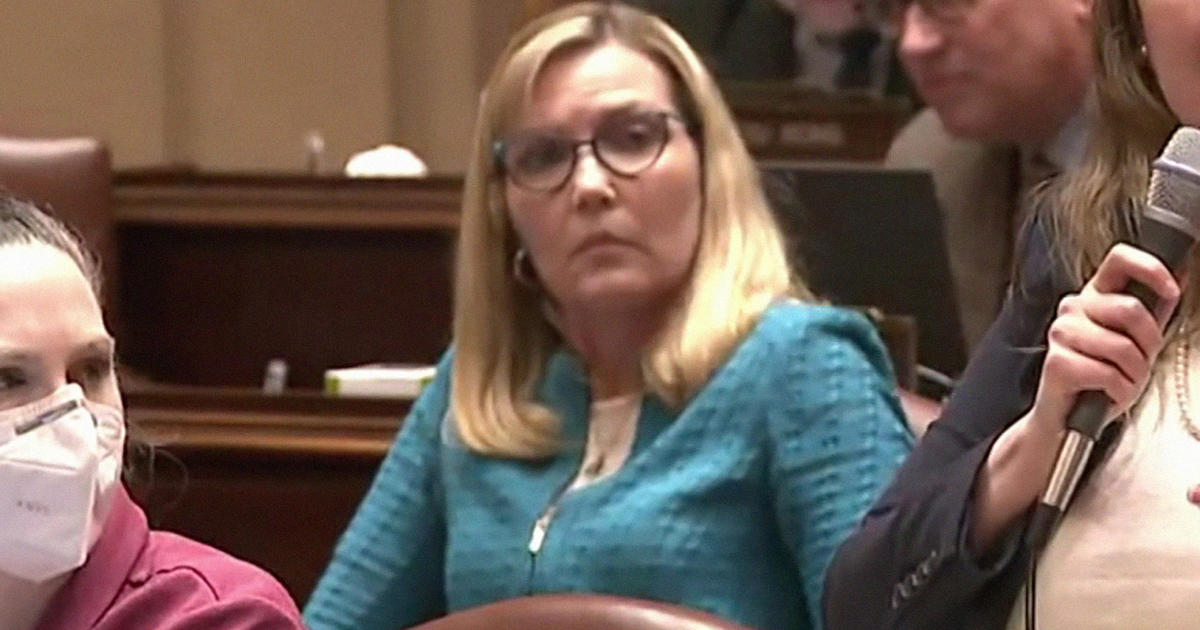Senate mulls updated paid family, medical leave bill that would offer 20 weeks
ST. PAUL, Minn. — Establishing a state-run paid family and medical leave program is a top priority for Democrats with majorities at the state capitol, and legislation is moving in both chambers.
The program would work like unemployment insurance and would be funded by a payroll tax increase on businesses. Benefits—which would be a partial wage replacement—would cover long-term needs like seeking treatment for a serious medical condition, caring for a family member who is ill or recovering from pregnancy and bonding with a newborn.
Under the plan, it would be up and running by July 1, 2025. Supporters of the legislation say the program is essential to health and economic stability.
"When we are able to step in and help each other at one of our most vulnerable times of life—when we welcome in and baby, when our family members are sick or our family members are even dying—that economic stability is monumental to keep families on their feet," said Sen. Alice Mann, DFL-Edina, who is the author of the Senate version.
Lawmakers have been discussing the scope of the bill throughout several committees in both chambers since the beginning of session, and the Legislative Budget Office this week released its long-awaited analyses of how much it will cost. The 64-page fiscal note for the Senate's proposal published Tuesday puts the price tag at nearly $1.5 billion annually.
It also estimates the state will need to transfer $1.7 billion from the General Fund to get the program off the ground, from administration to seeding the account with money so benefits can be paid out on day one of the program. That's significantly more than the $668 million Gov. Tim Walz and legislative leaders earmarked in their "global budget agreement" that sets the framework for state spending targets.
John Reynolds, state director for the national Federation of Independent Business, characterized the proposal as a "one-size-fits-all mandate" that will crush small business who will have to shoulder the cost.
He said Minnesota's plan is an outlier compared to other states, noting others offer fewer weeks of time and also include carve outs for the smallest of businesses with just a handful of employees.
The premium is a .7%, split equally by both the employer and employee. Those increases would kick when fiscal year 2026 starts on July 1, 2025.
"What I hear from our small business members every day is that this just scares them," Reynolds said. "This is going to exacerbate their biggest challenges right. They can't find workers. They're struggling with inflation. They're struggling with supply chain shortages still and this will make things so much harder on them."
The Senate will hear its plan during a committee Thursday evening, which will include changes to reduce the weeks of benefits from 24 weeks to 20 weeks. Mann said that was a compromise after hearing concerns of businesses.
Reynolds also has concerns that the premiums could grow because the program won't be sustainable without a hike because its benefits are more generous that other states' with similar policies. The Senate bill caps any further increase at 1.2%.
Eleven states have passed paid family leave programs, according to the National Conference of State Legislature. She said existing policies in the country demonstrated that the fears of businesses are "unfounded."
"it's good for families. It's good for moms. It's good for babies. It's good for business, and it's good for the economy as a whole," she said. "So it's an important and powerful program."



